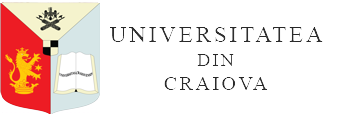El arte de traducir un texto parenético: Ceasornicul domnilor, la traducción rumana del Relox de príncipes
DOI:
https://doi.org/10.52846/aucssflingv.v45i1-2.105Keywords:
Relox de príncipes, translation studies, Nicolae CostinAbstract
This study proposes an analysis of the Romanian translation of Relox de príncipes. At the turn of the 17th century, the Moldavian scholar Nicolae Costin undertakes a major literary project and manages to complete it, despite all the conceptual and translation-related obstacles he most likely encountered. His text betrays, on the one hand, the influence of the Latin word order and, on the other hand, various calques and neologisms borrowed from Classical Latin. Although we find some glosses and interpolations in his translation, in most cases they are meant to increase the accessibility of the text for Romanian readers. Thus, we see a relationship of faithfulness between the source text and the target text in the case of Nicolae Costin’s literary creation, since the translation definitely maintains the spirit of Antonio de Guevara’s writing.

